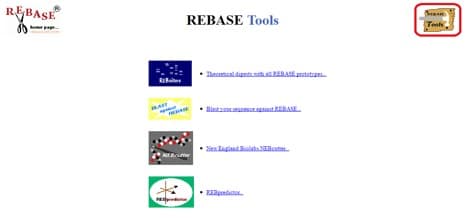One of the critical skills required for any scientist is the ability to consistently design and carry out successful experiments. It’s also vital that any experiments can be replicated. There are, of course, many variables that can cause an experiment to fail, but there are some basic steps that, if taken routinely, can increase your chances of success every time. After many failed, and successful, experiment attempts, here is my recipe for experimental success.
8 Steps for Successful Experiments
1. Define your Objective
Why are you doing the experiment, and what are the expected results? A good experiment will tell you something, even if you get negative data. Make sure to include all necessary controls! All this information should be recorded in your well-organized and up-to-date lab book.
2. Find the Best Method to Achieve Successful Experiments
With so many protocols out there, it can be overwhelming to try and narrow it down to just one. After taking into account the cost of the reagents, if someone you know has done the experiment before, and how widely the technique has been used, in the end, you just have to pick one and go with it! Check out this article on sharing protocols online.
3. Write Out the Protocol
This step will help you identify all the reagents you’ll need for your experiment, and help you gauge the time that you’ll need to carry out the procedure. Additionally, it’s much easier to follow a protocol that you have written yourself, rather than one that was written by someone else. Having said that, do make use of colleagues who have done the experiment before; they’re likely to have some helpful tips and pointers.
4. Obtain All Necessary Reagents in Advance, and Make Sure They’re In Good Condition
You don’t want to be in the middle of your experiment when you suddenly run out of reagent X. Make sure you have everything prepared in advance, and, as in cooking, fresh is best. Don’t take your chances with old or expired reagents. You could even set up a stock-take rota with your lab mates so that you never run out of an important reagent. See our handy guide to common reagents here.
You also need to make sure your equipment is clean and in good working order before each experiment; a bit of dirt in your apparatus can throw the chances of successful experiments right off!
5. Prepare a Timeline
Try to realistically estimate how long each procedure will take, and if you’re not sure, double the time that you think it will take. Don’t try to cram too much into one day – you’re more likely to make errors when you’re rushing. When you’re running your experiment, make sure you give it your full focus. Why not check out our podcast on why multitasking may not actually be improving your efficiency.
6. Do the Experiment
Prepare everything you can in advance, and start EARLY. Make sure you have booked the necessary equipment ahead of time, and avoid interruptions. The protocol you wrote out in Step 3 should make this step a lot easier! If multiple people are involved in the experiment, make sure everyone knows their role ahead of time.
7. Record Everything
Write down any deviations from the protocol, and any difficulties you experienced while carrying out the experiment. This will help you make better sense of the data and troubleshoot the experiment if necessary. You also want someone else to be able to replicate your procedures, so make sure you include all the information.
8. Analyze the Results
Hopefully, the experiment turned out as you expected, and the data will lead you to the next step of the project. If not, it’s not the end of the world! Go back to your notes and find out where the experiment could have faltered. Talk to people who have experience with the technique to help you troubleshoot, and don’t be afraid to ask around for advice! If things always worked the first time, they wouldn’t call it “research”.
Got any tips for successful experiments that you’d like to share? Please add your comments below.
Originally published August 17, 2011. Reviewed and updated February 2021.






